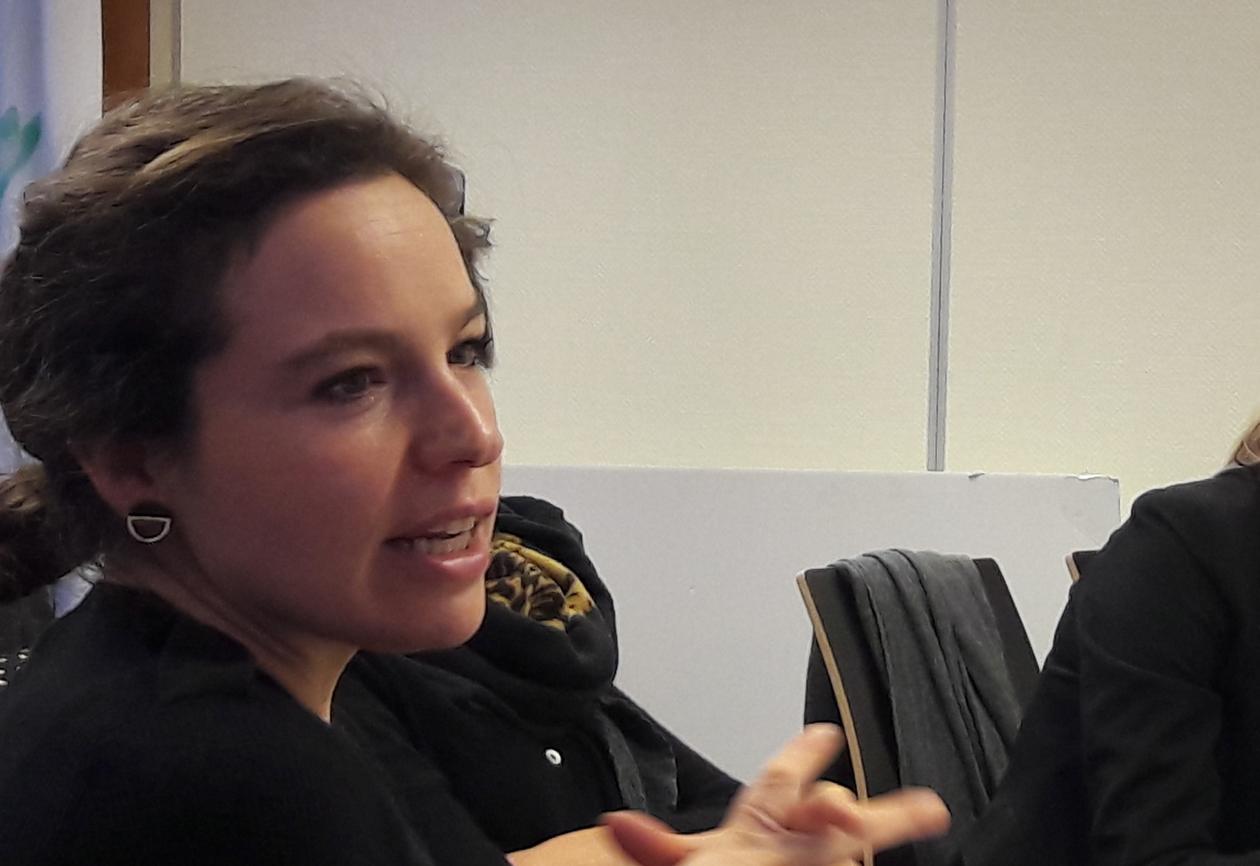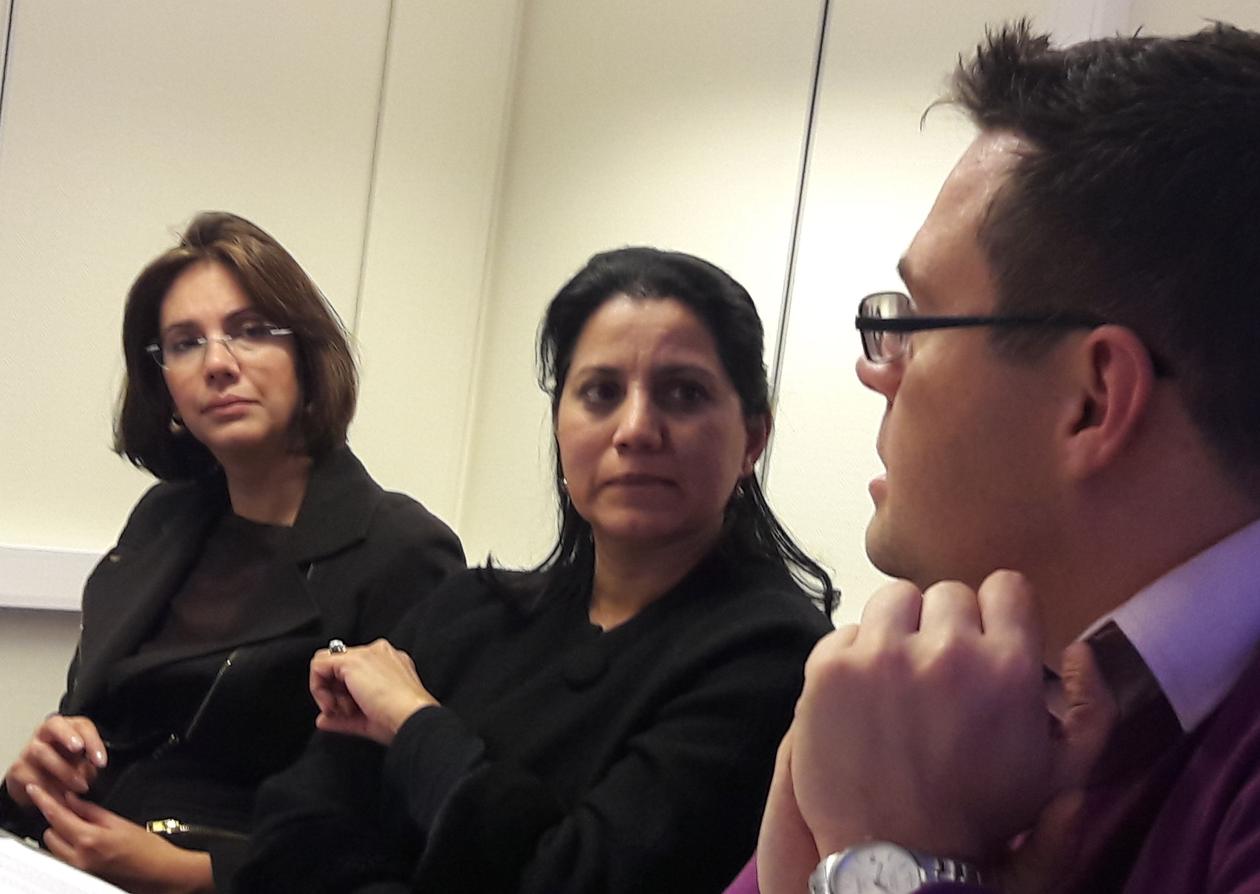Statkraft and Statoil visits Bergen
This fall, the project organized two stakeholder workshops in Bergen to further develop the collaborations with Statkraft, Statoil and other relevant stakeholders.

Main content
It is important for the project to engage not only with Statkraft and Statoil in relation to this project but also engage with other organizations and initiatives that are involved with similar issues. Therefore, the project invited various actors who work within the same field of interest to come to Bergen.
Statkraft
In October the project invited Stephen Sparkes, the Head of Environmental and Social Governance (ESG) at Statkraft, to come to Bergen and engage in a dialogue on how Norwegian energy companies handle CSR abroad, both in regards to strategies and implementation.
Sparkes presented results from a Statkraft project in Laos and how the company approached the local communities that was affected by the new hydro power plant. He explained how the infrastructure and livelihoods systems were constructed and implemented locally as part of Statkraft’s strategy to achieve sustainable development for the affected region.
Historians Yngve Nilssen and Knut Grove were also invited as they are currently writing a book about the history of the Bergen-based power company BKK. Knut Grove presented the work on the book and gave interesting insight into the historical dimension of HSE and CSR in the Norwegian context.
Statoil
In December, the researchers from the Energethics Statoil case studies, two representatives from Statoil, and other stakeholders met in Bergen to discuss corporate social responsibility.
All researchers presented their case studies, which were followed by fruitful and energetic discussions from all participants. In addition to presenting the ongoing case studies, Pablo Valverde from the EITI initiative presented their work and their goal to act as a global standard for both companies and countries to follow in regards of transparency and accountability in extractive industries. Statoil has also signed an agreement with this initiative.
Towards the end of the workshop the two Statoil representatives, Ilse Castellanos and Anupama Mohan, invited the researchers to yet another workshop next year as all parties still have a lot to learn from each other.
Current interest
The aim of these workshops has been to engage all interested parties in the process of the project, as their feedback is important for the development of the project itself. Through dynamic discussions and meetings the project aims to create a good baseline for further collaboration, and they are mutually beneficial as meetings give stakeholders valuable insight into the researchers’ perspective and researchers are able to identify new issues and paths for further fieldwork.

